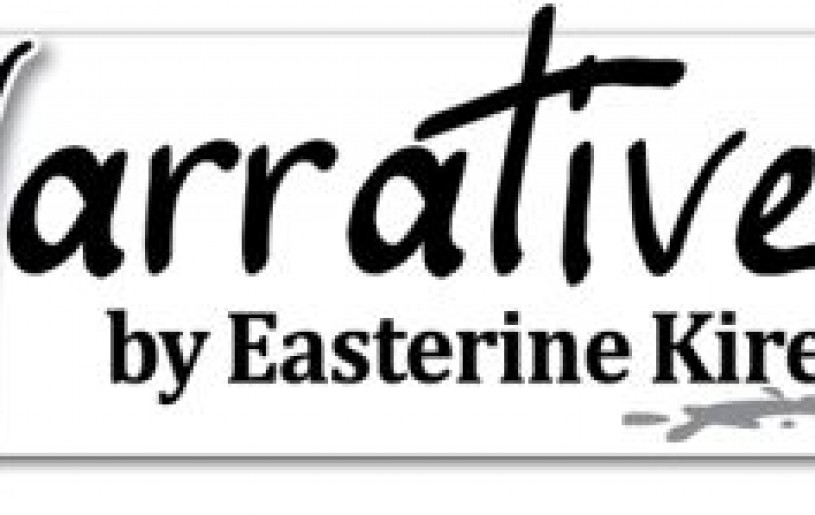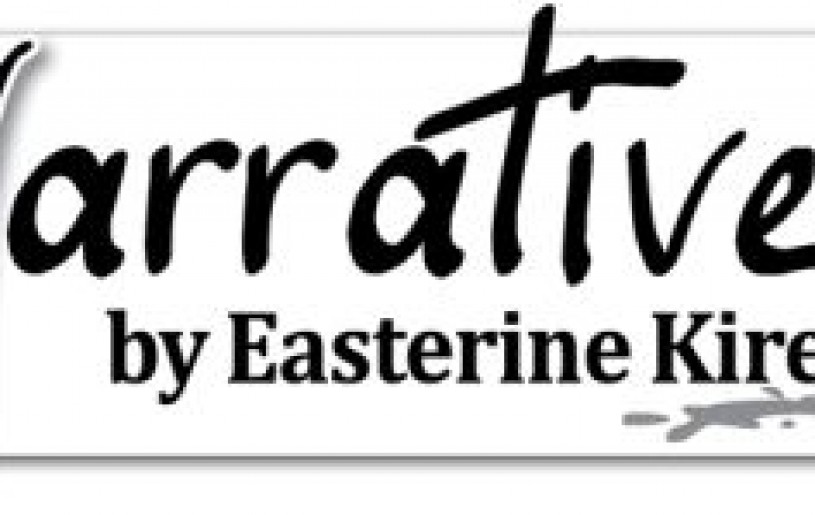
A number of us were discussing a habit amongst our people which is very ingrained and reappears in generation after generation. It is hurtful, and tactless and totally unnecessary. The number of adults who do it are astounding. Here is one example: two friends are meeting twenty years after High School. Both women are now married and have children. Both have naturally put on more weight, one a little more than the other. The slightly thinner one greets her friend and says, ‘Mosto hoishe na?’ Oi! Was that necessary? The target of her remark must be so very conscious that she is no longer her svelte teenage self. She must be even more conscious than ever that her friend has not put on as much weight as her. This is the thing she dreads when bumping into old school mates. When will they start to comment on her weight again? Who would be the one to make snide jokes about how much her husband must be earning to keep her fed and healthy? I’d love to advise the one made to feel conscious about her weight to respond, ‘Hoito mosto hoishe. Aru apuni tu ki hoishe? Bat bal para nakhai? Mota tu poisa nakamai?’ etcetera. But that’s just me, and I have no licence to rewrite other people’s lines in real life.
Another instance is in the case of adolescents and young people plagued with acne at different stages of their life. Some grown-ups can ask without any qualms, ‘What happened to your skin?’ Some even comment, ‘You should do something about your skin. It really looks bad.’ I remember a group of boys used to tease a friend of theirs who was a bit unfortunate with his skin. They would call out loudly in public, ‘Bro, what happened to your face? Arre, did somebody shoot at you with a khartus?’ They thought it was a hilarious joke but it only showed the heights of their insensitivity!
The question, ‘What happened to your face/skin?’ directed to an acne sufferer is the most insensitive, rude and callous question. How is the affected person supposed to reply that? Is there a reply to that question? If the sufferer knew what was wrong, he would do anything to correct it, wouldn’t he? Nobody in their right mind would want to go around with hair or skin looking bad.If they do, it is because it is out of their control.I mean, most of the time, we try to look reasonably presentable if we are leaving the house, right? Some people behave as though they have chronic ‘badmouth-itis’ and they cannot help pointing out things that are wrong with another person the moment they come face to face with them.
You know, it is not necessary to say something derogatory to an acquaintance as soon as you meet. Especially not something negative about their appearance. If you feel an overwhelming cultural need to express something, how about trying this, ‘It is so nice to see you after so long. You are looking well.’ The second sentence is optional. Or this: How nice to see you. Is your family well? How’s your dog/cat/cow/chicken? neighbour’s anteater? Etcetera, etcetera. There are so many other ways of greeting a friend or acquaintancethat need not be personal and intrusive. Particularly with youngeracquaintances. Compliments that are positive are good for them. Remember that they are struggling with self-esteem at this stage of their lives and an indelicate remark about the condition of their skin is going to make them nose dive into depression. Come on. Be kind. Be considerate of others. Just be a human being.
Don’t do it either when someone posts a picture on social media. I saw that the moment a lady had posted her picture, one of her ‘friends’ commented, ‘you’re looking fatter.’ I’m so curious to find out if the so-called friend sprained her arm while trying to pat herself on the back for her very insightful comment. I don’t know about you, but me, I am growing older and find so many things in life unnecessary. Passing derogatory comments on the appearances of other people is one of them.






